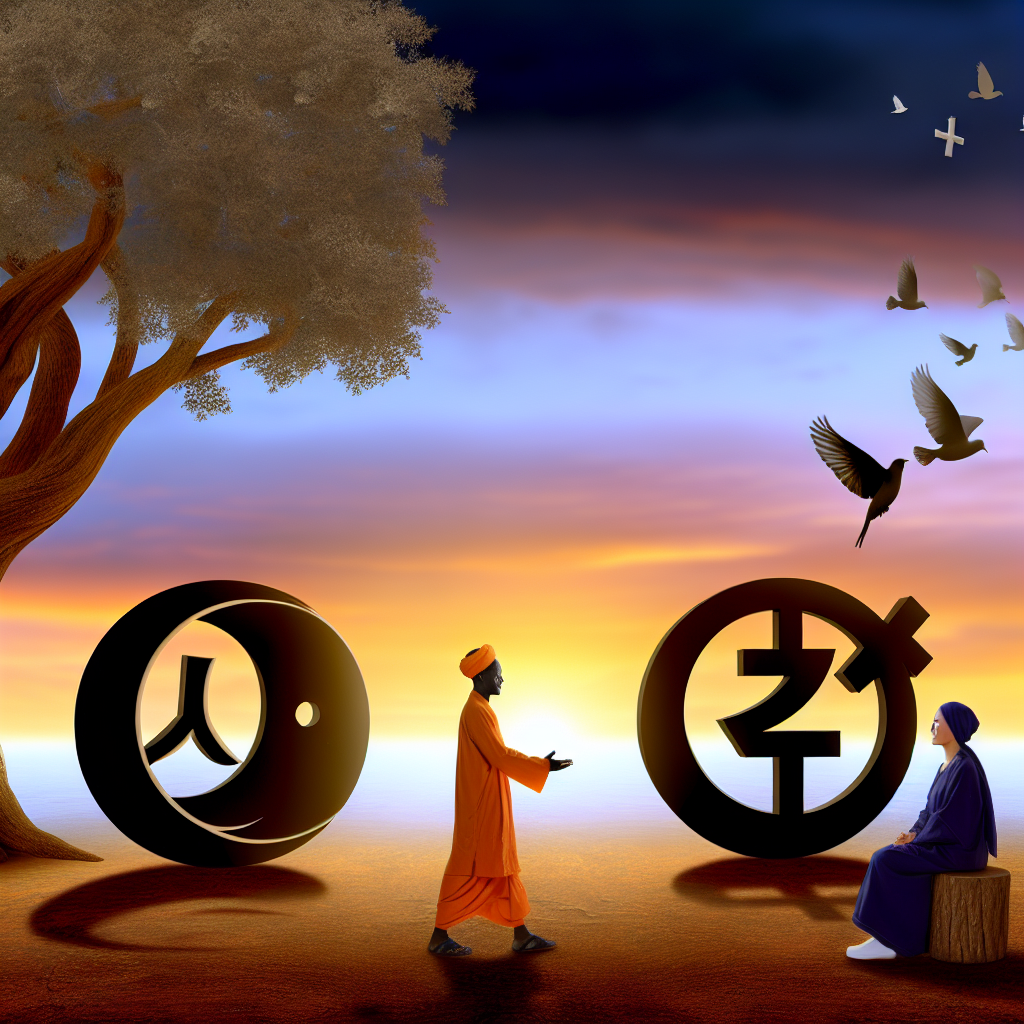The Matchmaking Interview – 7 Questions You Should Ask Any Service Before Signing a Contract
Introduction
Navigating the modern dating landscape isn’t just about swiping right or curating the perfect bio. In today’s digital world, millions of singles—from their 20s to their 80s—are turning to a more intentional path: professional matchmaking. This is not just a financial investment; it’s an emotional one, too. Treating this decision seriously is essential.
The matchmaking industry is booming, predicted to surpass $3 billion globally within the next few years. This surge reflects growing frustration with dating app fatigue, ghosting, and mismatched intentions. Whether you’re a 30-something career professional, recently divorced, or rediscovering romance later in life, matchmaking services offer what swipe apps lack: intentional, curated connections enhanced by thoughtful screening.
However, not all matchmaking services offer the same level of professionalism. Some are run by certified therapists; others rely solely on intuition. Varying pricing models, coaching packages, confidentiality standards, and algorithmic versus human processes make matchmaking a wide-ranging field.
Ultimately, securing love through a matchmaking agency begins with asking the right questions up front. Treat it like a relationship interview. With potentially high costs and sensitive emotions involved, knowing what to ask can save you time, stress, and money.
Features: Scientific and Professional Insights
According to the Journal of Social and Personal Relationships, psychologically matched couples report higher satisfaction than those who meet online. A 2020 study, “Making Meaningful Matches,” further reveals that structured matchmaking—particularly services using evidence-based methods—leads to stronger communication and relational alignment.
Research from the American Psychological Association (APA) supports this, noting that people form deeper emotional connections when introduced in personalized, contextually aware settings. This is where personalized matchmaking excels—matchmakers analyze not only shared values but also attachment styles, psychological traits, and communication dynamics.
Many elite services employ tools such as the Myers-Briggs Type Indicator (MBTI), Enneagram, and attachment theory assessments to deeply understand individuals. A white paper from the AAMFT concludes that emotional intelligence and shared core values significantly increase the chances of long-term success.
Furthermore, top-tier services run background checks, conduct personal interviews, and verify identities—far beyond the casual surface-level of most dating apps. These due diligence steps increase match quality and assure client safety.
Ultimately, matchmaking services that blend scientific methodologies with the intuition of trained professionals provide the best outcomes. But customers must be empowered to probe beneath the surface—and that brings us to the critical questions.
7 Questions You Should Ask Any Matchmaking Service Before Signing a Contract
1. What is your success rate, and how do you define it?
Success varies—some measure first dates, others count exclusive relationships or long-term partnerships. Ask how recent their data is, what client milestones they track, and request testimonials or case studies to understand their impact beyond surface claims.
2. Who conducts the matches—and what’s their background?
Your matchmaker may be a licensed therapist, a professional coach, or someone without formal credentials. Knowing their qualifications, training, and experience is vital. Also ask if they’re full-time, how many clients they manage, and if they work solo or with a team.
3. What screening process do you use for potential matches?
Ask detailed questions about the vetting process: Are interviews conducted in person or online? Are background checks standard for all matches? What kind of identity verification protocols are in place? Strong screening ensures you’re matched with credible, committed individuals.
4. Can I see a sample contract and refund policy?
A reliable agency will let you review a sample agreement before you pay. Look for clauses that cover refunds, date guarantees, confidentiality, and cancellation terms. If the policy seems vague or rigid, it may indicate future problems.
5. What criteria do you use to determine compatibility?
Ask whether they use psychological assessments, interviews, or lifestyle questionnaires. Services that gather detailed input about your preferences, personality, and values create better matches. The more data-driven their approach, the higher the chances of compatibility.
6. How many matches should I expect—and how often?
Understand what’s guaranteed. Is it one match per month? Three per contract? Knowing this helps prevent gaps in your dating journey and sets realistic expectations. Quality matters, but regularity provides momentum.
7. Do you offer coaching or feedback during the dating process?
Some of the best services offer dating coaching, communication tips, and post-date reflections. This support helps you grow and better understand compatibility. After all, finding love isn’t just about meeting the right person—it’s about showing up as your best self.
Conclusion
Choosing a matchmaking service is a real investment—not in technology, but in your future happiness. Asking smart questions offers clarity and builds the foundation for success. The goal isn’t only to get matched—it’s to be matched well. That journey begins with asking the tough, insightful questions that cut through marketing speak and reveal what truly matters: quality, safety, and results.
References
– Journal of Social and Personal Relationships
– American Psychological Association – Research on Relationship Compatibility
– American Association for Marriage and Family Therapy – Compatibility Studies
– Pew Research Center – Online Dating Statistics
Concise Summary
The rise in professional matchmaking services offers a personalized approach to dating that apps often miss. But before investing, it’s essential to ask your matchmaker key questions about their success rate, matchmaking methodology, screening process, compatibility tools, expected matches, coaching options, and refund policy. Research shows that emotionally intelligent, scientifically based matches lead to longer-lasting connections. By doing your due diligence and asking these seven questions, you can make a confident, informed decision that aligns with your romantic goals.

Dominic E. is a passionate filmmaker navigating the exciting intersection of art and science. By day, he delves into the complexities of the human body as a full-time medical writer, meticulously translating intricate medical concepts into accessible and engaging narratives. By night, he explores the boundless realm of cinematic storytelling, crafting narratives that evoke emotion and challenge perspectives. Film Student and Full-time Medical Writer for ContentVendor.com




